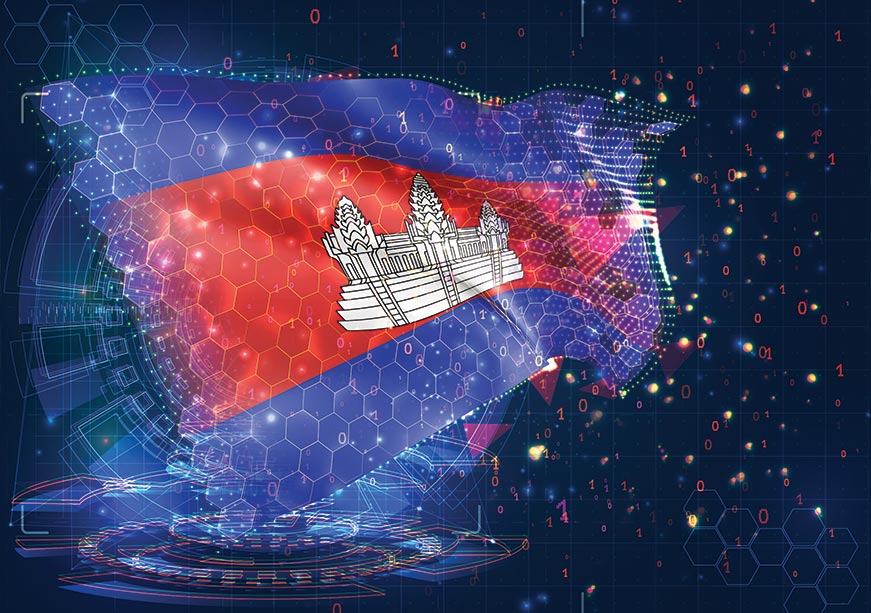On January 16, 2012, the Kenyan troops completed 90 days of their presence in Somalia where they had gone to fight the al-Shabaab militants. The initial aim of the invasion, which began as a reaction to a spate of kidnappings and raids on Kenyan border by the Islamic militants, was to secure the border between the two countries. More than 2000 Kenyan troops had crossed into Somalia fot creating a buffer zone in the north-eastern region. Though it took longer than "three to four weeks", as the Kenyan government had claimed it would, the troops have been marginally, if not completely, successful in pushing the militants away from the border. So why is the Kenyan army still in Somalia ?
The Kenya-Somalia border has long been area of conflict. It has been subjected to years of instability and lawlessness caused by endemic state failure and communal violence affecting the region. Absence of an effective government in Somalia and the inability of the Kenyan government to establish a meaningful administration in the border region have made the area prone to violence, kidnappings and illegal migration. Kenya has constantly received a flow of refugees from Somalia. The ongoing famine has made Dadaab, a Kenyan town near the border, the biggest refugee camp.
Kenya's latest incursion came at a time when all was not well at home. The Kenya shilling has been falling in the past few months. December witnessed a nationwide strike while inflation soared to almost 20 percent. One of the biggest causes of political tensions has been the uncertainty of presidential elections scheduled for mid- 2012 but is likely to be postponed to December.
On January 14, Kenya's High Court ruled that the country's next presidential and parliamentary elections should be held in March 2013 unless the ruling coalition collapses. The country is currently facing inter-ethnic violence in the northern district of Moyale where hundreds of families have been displaced. Fighting between the Borana and Gabra ethnic communities has been going on since December over control of resources such as water and land. At a time when the government needs to address domestic , its decision to launch an open-ended war is being questioned.
There are increasing suspicions that Kenya's intervention in Somalia might hold ulterior motives such as a territorial expansion.
Winning the war also means extra political points for the coalition government, which will, in most probability, be facing the elections next year. Though the current President, Mwai Kibaki, has little to gain since he is retiring, different political factions have come together in support of the military adventure for political reasons.
Kenya had entered Somalia claiming to secure its borders and prevent further attacks by al-Shabaab, thus, maintaining the regional character of the incursion. The country is now seeking international support for its operation. Defence Minister Yusuf Haji has made it clear that Kenya will not continue to suffer the financial burden of a war which, he believes, requires global support. During the early days of the invasion the Defence Ministry had announced its plans, but not given details, of seizing the port city of Kismayu and choking off Al Shabaab's tax revenue, commodity exports and arms shipments. However, Mr. Yusuf Haji recently stated that the notion that Kenya's ultimate goal was Kismayu was imaginary. Kenya is unwilling to capture the port city of Kismayu without the financial and logistical backing of the international community. Seeking for greater support, Kenya's Parliament has voted in favour of having the Kenyan forces become part of the official African Union Mission in Somalia
The Kenyan invasion is now facing the danger of turning into a long drawn mission. Though the troops have been successful in pushing the militants away from the border, it is unclear whether the military pursuit has damaged the militant group. The al-Shabaab recently announced that the invasion had been a failure as some of the militants were in Kenya for attacks.
Priyanka Mehrotra is Research Assistant, ORF.
The views expressed above belong to the author(s). ORF research and analyses now available on Telegram! Click here to access our curated content — blogs, longforms and interviews.




 PREV
PREV

